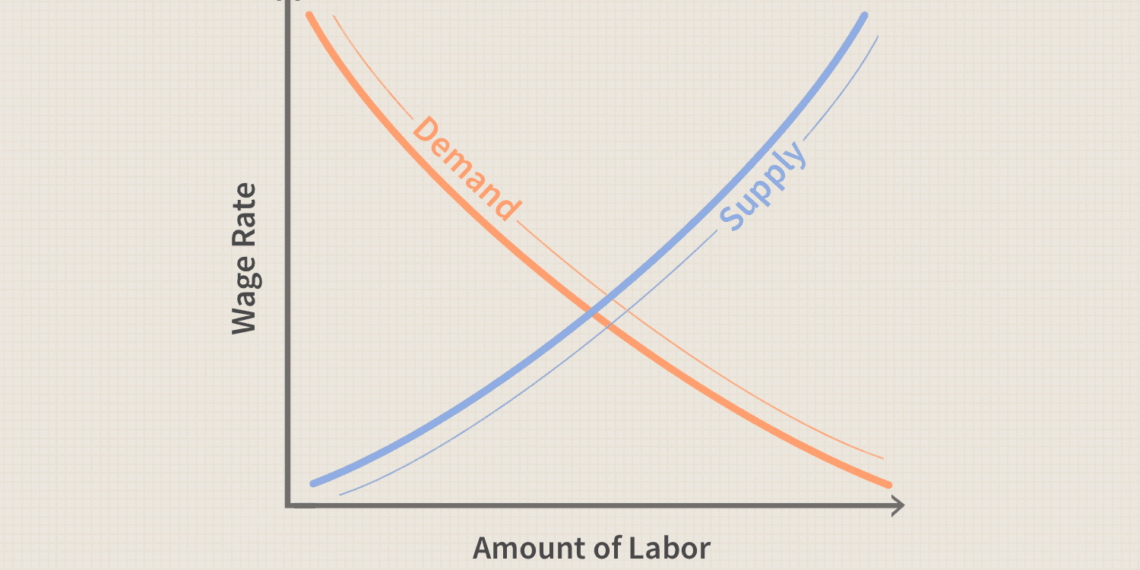Companies are still struggling to weather the storms of the pandemic despite government’s attempts to revive businesses through its stimulus packages. As a result, companies’ demand for labor services continue to decline in the Ghanaian economy.
According to data from the Bank of Ghana, the number of jobs advertised in selected print and online media, which partially gauges labour demand in the economy, declined in June 2021 relative to June 2020.
More specifically, a total of 2,730 job adverts were recorded in June 2021 compared to 3,079 recorded in the same period in 2020. This represents a year-on-year decline of 11.3 percent. The low labour demand was evidenced since the beginning of the year as job adverts declined by 7.3% in Q1 2021.
Nevertheless, the Bank of Ghana indicated that on a month-on-month basis, the number of job vacancies in June 2021 increased marginally by 0.6 percent. The data for the first half of the year also show that job adverts have declined significantly in the first six months of the year.

The BoG revealed that cumulatively, 17,091 advertised jobs were recorded in the first two quarters of 2021. This is lower than the 19,119 jobs advertised during the same period in 2020.
Pandemic-induced effect on businesses
Meanwhile, the Central Bank of Ghana attributed the decrease in the number of jobs advertised to the adverse effects of the COVID-19 pandemic on businesses. This means that Ghanaian businesses continue to face difficulties as the pandemic lingers even though the economy is on a gradual recovery. This could reflect the pattern of recovery as major labour intensive sectors may be lagging.
Unsurprisingly, the recent developments in the labour market perfectly reflects the outcome of the Bank of Ghana’s consumer and business confidence surveys conducted in June 2021. Generally, Bank of Ghana found that both consumers and businesses remain uncertain about the direction of the economy.

Consumer confidence deteriorated significantly as the Consumer Confidence Index eased from 93.2 in April to 88.8 in June 2021. According to the Bank of Ghana, this was due to a variety of factors including the implementation of the recently announced revenue measures in the 2021 Budget.
Similarly, despite some optimism of an imminent rebound, the Business Confidence Index also declined from 96.9 in April to 96.3 in June 2021. This further cast doubts on how soon the unemployment situation can be addressed in the country, especially when some workers had been laid off as a result of the pandemic.
Improvement in working conditions
Despite a decline in the demand for labour, data from the Bank of Ghana suggest that employment conditions have improved so far this year. This is because the total number of private sector SSNIT contributors, which partially gauges employment conditions, improved to 804,849 in May 2021. This means a year-on-year increase of 15.4% when compared with the 697,690 recorded in corresponding period in 2020.
Meanwhile, for the first five months of 2021, the total number of private sector contributors increased by 3.8 percent to 4,087,134. This compares to 3,937,022 recorded over the corresponding period in 2020.
READ ALSO: Domestic economic activity reflects strong recovery – BoG






















